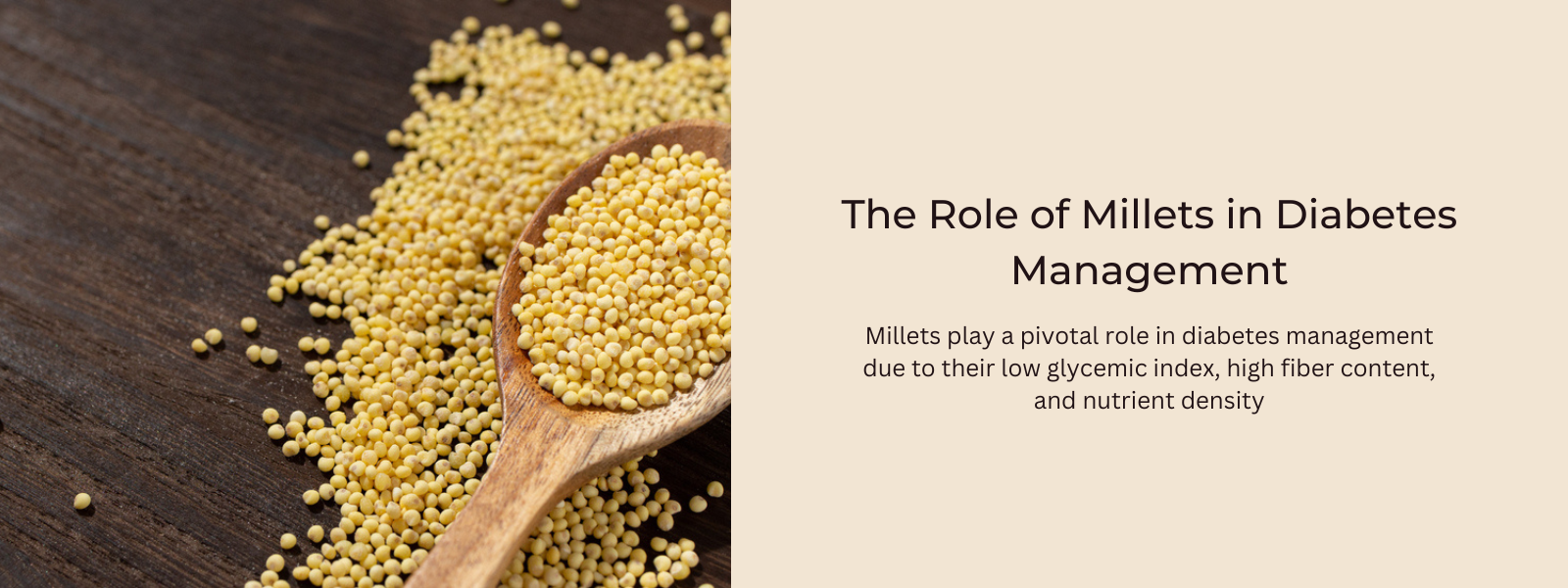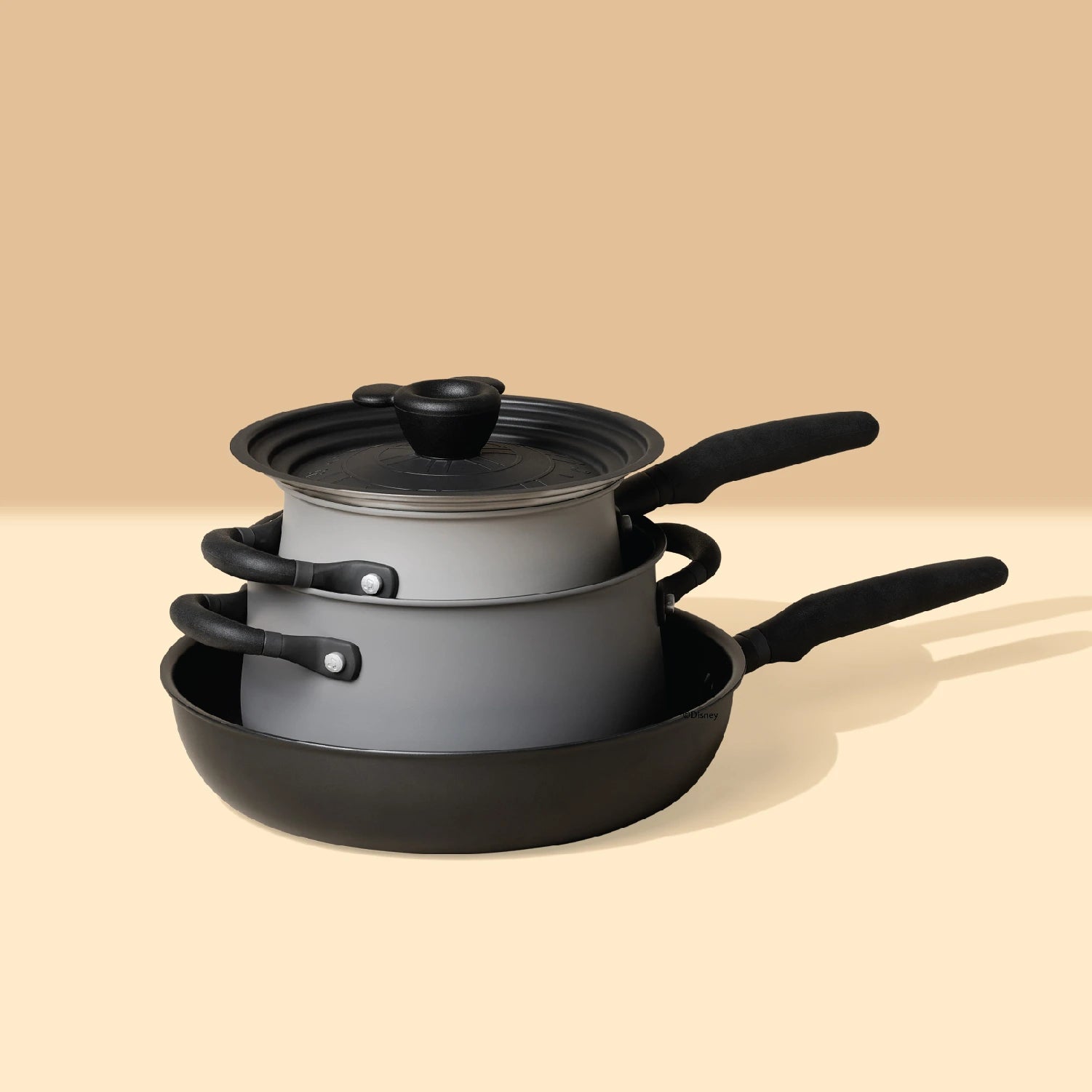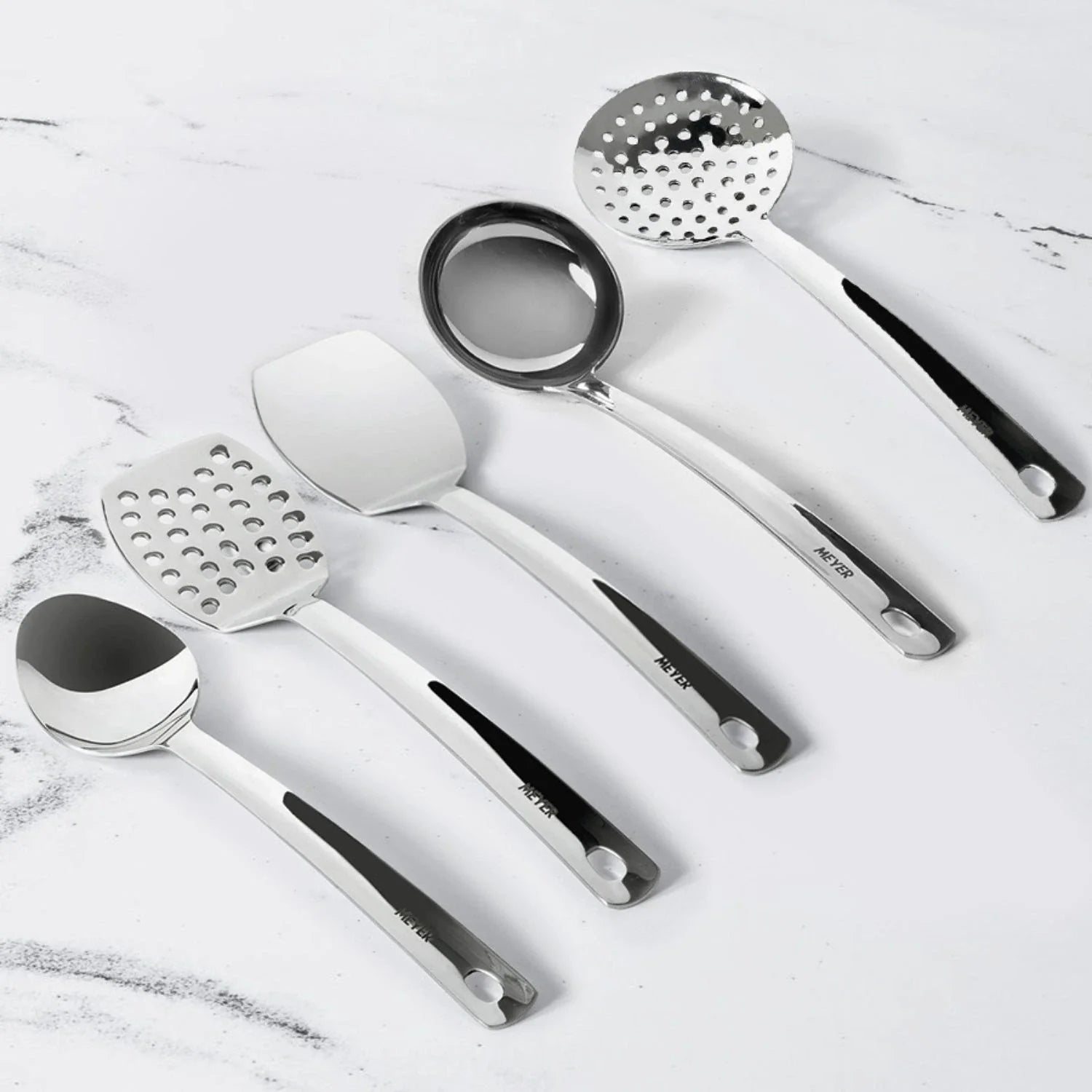Zucchini, often hailed as a "delight" for its versatility and health benefits, serves as an excellent low-glycemic index (GI) vegetable that promotes healthy blood sugar levels. With its low GI, zucchini offers a slow and steady release of glucose into the bloodstream, making it an ideal choice for individuals seeking to manage their blood glucose effectively. Packed with dietary fiber, zucchini aids in regulating blood sugar by slowing down glucose absorption and promoting feelings of fullness. Additionally, this nutrient-dense vegetable provides essential vitamins, minerals, and antioxidants, including vitamin C, potassium, and folate, which support overall health and well-being. Its high water content helps maintain hydration levels and supports optimal metabolic function. Whether grilled, roasted, spiralized into noodles, or added to various dishes, zucchini adds flavor, texture, and nutritional value to meals while contributing to weight management and heart health. Incorporating zucchini into a balanced diet is a delicious and satisfying way to support healthy blood sugar levels and overall wellness.
Table of Contents
What Is Zucchini?
Zucchini, also known as courgette in some regions, is a type of summer squash that belongs to the Cucurbitaceae family, which includes cucumbers, pumpkins, and melons. It is characterized by its elongated shape, smooth skin, and mild flavor. Zucchini typically ranges in color from dark green to light green, although yellow varieties also exist. The flesh of zucchini is tender and creamy-white, with small, edible seeds scattered throughout the center. Zucchini is harvested when it is young and tender, as older zucchini can become tough and develop a bitter taste. It is a versatile vegetable that can be enjoyed raw or cooked in various dishes, including salads, stir-fries, soups, stews, and casseroles. Zucchini is prized for its nutritional benefits, as it is low in calories and carbohydrates, high in fiber, and packed with essential vitamins and minerals such as vitamin C, vitamin A, potassium, and folate. Due to its mild flavor and ability to absorb other flavors, zucchini is a popular ingredient in many cuisines around the world.
Zucchini Is A Low-GI Vegetable for Healthy Blood Sugar:
Here's why zucchini can be considered a "delight" for maintaining healthy blood sugar levels:
- Low Glycemic Index (GI): Zucchini has a low glycemic index, meaning it does not cause a rapid spike in blood sugar levels after consumption. This makes it suitable for individuals looking to manage their blood glucose levels effectively, as it provides a slow and steady release of energy.
- High in Fiber: Zucchini is rich in dietary fiber, which plays a crucial role in blood sugar regulation. Fiber slows down the absorption of glucose in the bloodstream, preventing sudden spikes in blood sugar levels. Additionally, fiber promotes feelings of fullness and satiety, which can aid in weight management and blood sugar control.
- Nutrient Density: Despite being low in calories, zucchini is packed with essential vitamins, minerals, and antioxidants. It is a good source of vitamin C, vitamin A, potassium, and folate, which contribute to overall health and well-being. These nutrients support various bodily functions and may help reduce the risk of chronic diseases associated with diabetes.
- Hydration: Zucchini has a high water content, which helps keep you hydrated and promotes optimal metabolic function. Proper hydration is essential for regulating blood sugar levels and supporting overall health.
- Versatility in Cooking: Zucchini is incredibly versatile and can be enjoyed in numerous ways. It can be sliced and grilled, roasted, sautéed, or spiralized into noodles ("zoodles") as a low-carb alternative to pasta. It can also be added to soups, stews, salads, and stir-fries for added texture and flavor.
- Weight Management: Incorporating zucchini into your diet can support weight management, which is important for maintaining healthy blood sugar levels. Zucchini is low in calories and carbohydrates, making it a filling and nutritious option for those looking to control their calorie intake.
- Heart Health Benefits: The nutrients and antioxidants found in zucchini, such as potassium and vitamin C, support heart health by helping to regulate blood pressure and cholesterol levels. A healthy heart is essential for overall cardiovascular health and blood sugar management.
Healthy Ways To Include Zucchini Into Diet:
Incorporating zucchini into your diet is both delicious and nutritious. Here are some healthy ways to enjoy zucchini:
- Zucchini Noodles (Zoodles):
- Spiralize zucchini into noodles using a spiralizer and use them as a low-carb alternative to pasta. Serve with your favorite pasta sauce, pesto, or stir-fry toppings for a nutritious meal.
- Grilled Zucchini:
- Slice zucchini lengthwise into strips, brush with olive oil, and season with salt, pepper, and herbs like garlic powder or Italian seasoning. Grill the zucchini until tender and slightly charred for a flavorful side dish or addition to salads and sandwiches.
- Zucchini Fritters:
- Grate zucchini and mix it with eggs, breadcrumbs (or almond flour for a gluten-free option), grated cheese, and herbs. Form into patties and pan-fry until golden brown for a tasty and nutritious snack or appetizer.
- Zucchini Soup:
- Make a creamy zucchini soup by sautéing chopped zucchini with onions, garlic, and herbs until softened. Add vegetable broth, simmer until the vegetables are tender, then blend until smooth. Stir in a splash of cream or coconut milk for richness.
- Stuffed Zucchini Boats:
- Cut zucchini in half lengthwise and scoop out the seeds to create "boats." Fill the hollowed-out zucchini with a mixture of cooked quinoa, black beans, diced tomatoes, corn, and spices. Bake until the zucchini is tender and the filling is heated through for a nutritious and satisfying meal.
- Zucchini Chips:
- Slice zucchini into thin rounds, toss with olive oil and seasonings, such as garlic powder, paprika, or Parmesan cheese. Arrange the slices in a single layer on a baking sheet and bake until crispy for a healthier alternative to potato chips.
- Zucchini Stir-Fry:
- Slice zucchini into bite-sized pieces and stir-fry with other vegetables like bell peppers, onions, and mushrooms. Add tofu, chicken, or shrimp for protein, and season with soy sauce, ginger, and garlic for flavor.
- Zucchini Omelette or Frittata:
- Add sliced or diced zucchini to your morning omelette or frittata along with other vegetables, cheese, and herbs. This adds a nutritious boost to your breakfast and helps you start the day off right.
- Zucchini Pancakes:
- Grate zucchini and mix it into pancake batter along with whole wheat flour, eggs, milk (or plant-based milk), and spices. Cook the pancakes on a griddle until golden brown and serve with fresh fruit and a drizzle of maple syrup.
- Zucchini Salad:
- Shave zucchini into ribbons using a vegetable peeler and toss with mixed greens, cherry tomatoes, cucumber slices, and your favorite vinaigrette dressing for a light and refreshing salad.
Can You Eat Zucchini Raw?
Yes, zucchini can be eaten raw. In fact, raw zucchini is commonly enjoyed in salads, sandwiches, and as a crunchy snack. When eaten raw, zucchini has a mild, slightly sweet flavor and a crisp texture.
Is Zucchini And Squash Same?
Zucchini and squash are closely related but not exactly the same. Here's the difference:
- Zucchini (Cucurbita pepo): Zucchini is a type of summer squash that belongs to the species Cucurbita pepo. It is typically harvested when young and tender, before the seeds have fully matured. Zucchini has a thin, smooth skin and a mild flavor. It is often harvested when it is dark green but can also be found in yellow or light green varieties.











Leave a comment